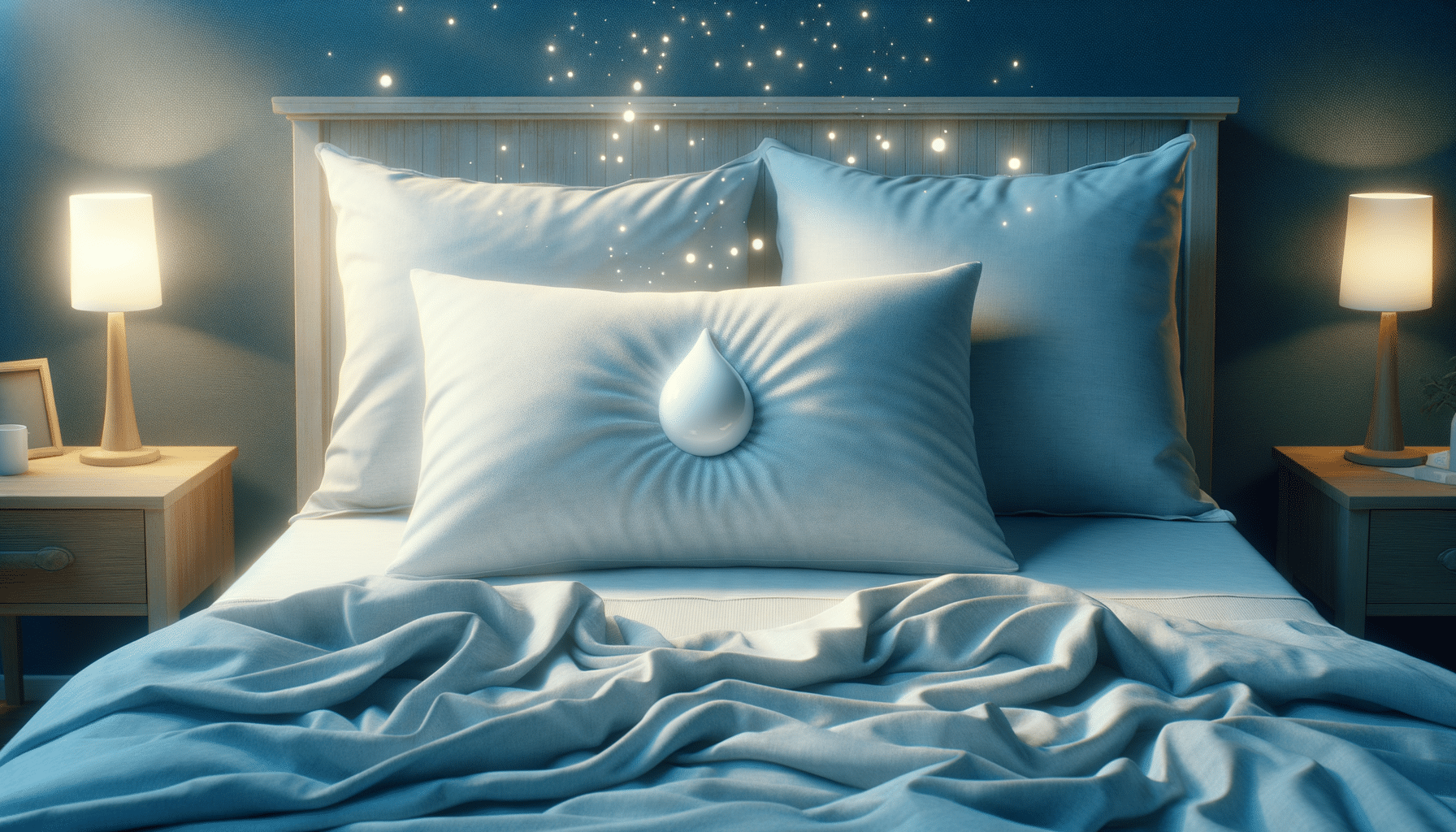
Why You Drool in Your Sleep: What It Means for Your Health and the Science Behind It
Understanding Sleep Drooling: A Common Phenomenon
Drooling during sleep is a more common occurrence than many might think. While it can be a source of embarrassment, especially if you wake up to a damp pillow, it’s essential to understand why it happens. Drooling, or sialorrhea, occurs when saliva escapes from the mouth unintentionally. During sleep, the muscles in your face relax, and sometimes, this relaxation can lead to the mouth opening slightly, allowing saliva to escape.
Several factors contribute to this phenomenon. For instance, sleeping positions play a significant role. People who sleep on their sides or stomachs are more prone to drooling because gravity can easily pull saliva out of the mouth. Moreover, certain medical conditions, such as sleep apnea or GERD (gastroesophageal reflux disease), can exacerbate drooling. It’s also worth noting that medications affecting muscle control or saliva production might increase the likelihood of drooling.
While drooling can be entirely benign, in some cases, it might indicate underlying health issues. Thus, understanding the root cause can help in addressing any potential concerns. If drooling is accompanied by other symptoms, such as difficulty swallowing or frequent choking, it might be advisable to consult a healthcare professional.
The Science Behind Saliva Production
Saliva plays a crucial role in maintaining oral health, aiding digestion, and keeping the mouth moist. The salivary glands, which include the parotid, submandibular, and sublingual glands, produce saliva continuously. During the day, swallowing is a reflex action that helps manage saliva levels. However, when we sleep, this reflex diminishes, leading to an accumulation of saliva in the mouth.
Various factors influence saliva production. For example, hydration levels can significantly impact how much saliva is produced. Dehydration can lead to a dry mouth, while adequate hydration ensures optimal saliva production. Additionally, certain foods and drinks can stimulate saliva production. Foods that are acidic or spicy, for instance, tend to increase saliva flow.
Understanding the balance of saliva production is essential, as both excessive and insufficient saliva can lead to health issues. While drooling might indicate excessive production, a dry mouth can lead to dental problems and discomfort. Maintaining a balanced diet and staying hydrated are key strategies for managing saliva production effectively.
Health Implications of Sleep Drooling
While drooling during sleep is often harmless, it can sometimes point to health concerns. For instance, excessive drooling might be a symptom of sleep apnea, a condition where breathing repeatedly stops and starts during sleep. This interruption in breathing can lead to a decrease in oxygen levels, causing the body to produce more saliva as a protective mechanism.
Another potential health implication is related to GERD. When stomach acid flows back into the esophagus, it can cause irritation and lead to increased saliva production as the body attempts to neutralize the acid. In such cases, addressing the underlying GERD is crucial to reducing drooling.
Moreover, neurological conditions such as Parkinson’s disease or cerebral palsy can affect muscle control, leading to drooling. In these situations, managing the primary condition can help alleviate symptoms. It’s essential to monitor any changes in drooling patterns and consult with a healthcare provider if there are concerns about underlying health issues.
Practical Tips to Manage Sleep Drooling
For those who find drooling bothersome, several practical strategies can help manage it. One of the simplest adjustments is changing your sleeping position. Sleeping on your back can reduce the likelihood of saliva escaping the mouth. Additionally, using a higher pillow can help keep the head elevated, minimizing drooling.
Maintaining good oral hygiene is another effective strategy. Regular brushing and flossing can help reduce bacteria in the mouth, which might contribute to excessive saliva production. Staying hydrated throughout the day can also help balance saliva levels.
For those with medical conditions contributing to drooling, consulting with a healthcare provider is essential. They might recommend specific treatments or therapies, such as speech therapy, to improve muscle control. In some cases, medication might be prescribed to reduce saliva production.
- Adjust sleeping positions
- Maintain oral hygiene
- Stay hydrated
- Consult healthcare providers for underlying conditions
Conclusion: Embracing Natural Sleep Patterns
Drooling during sleep is a natural phenomenon that many people experience. While it can sometimes be a sign of underlying health issues, in most cases, it’s simply a result of relaxed muscles and gravity at work. Understanding the reasons behind drooling and its potential implications can help individuals manage it effectively.
By making simple lifestyle adjustments and maintaining good health practices, most people can reduce or eliminate sleep drooling. For those with persistent issues, seeking medical advice is a prudent step. Embracing natural sleep patterns and ensuring overall well-being can lead to more restful and comfortable nights.